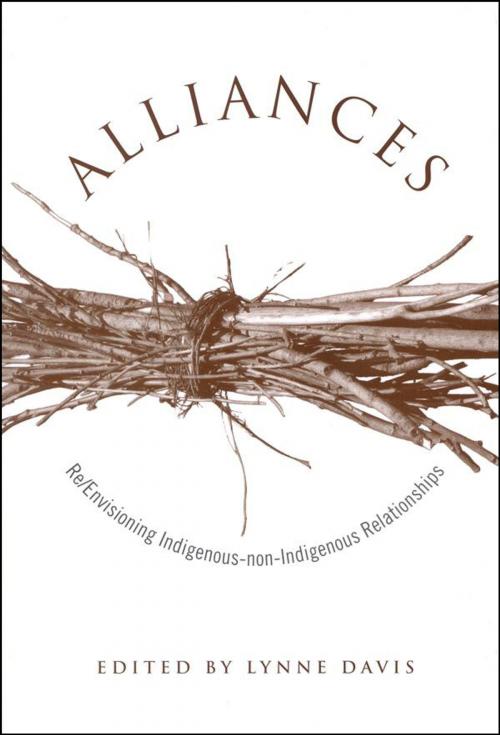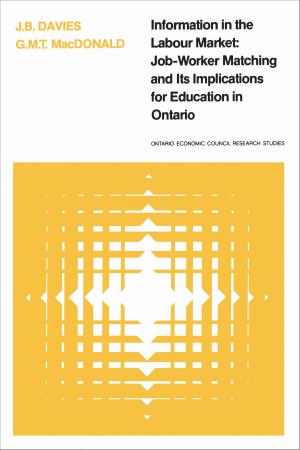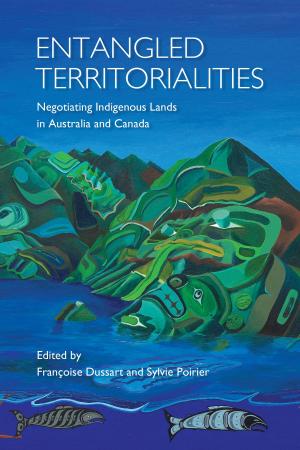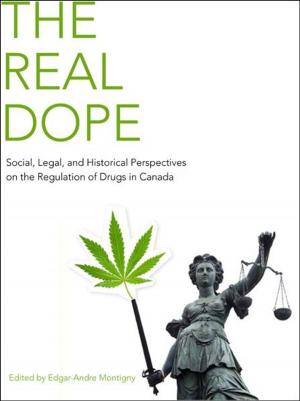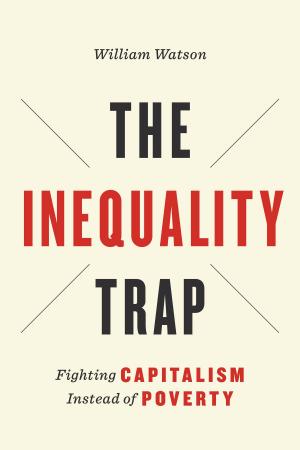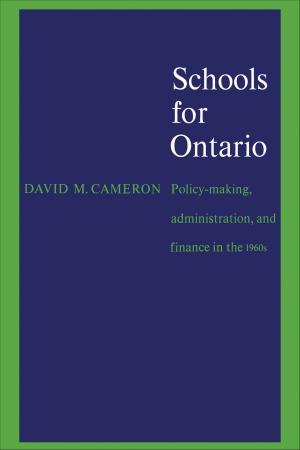Alliances
Re/Envisioning Indigenous-non-Indigenous Relationships
Nonfiction, Social & Cultural Studies, Social Science, Cultural Studies, Native American Studies, Anthropology| Author: | ISBN: | 9781442698659 | |
| Publisher: | University of Toronto Press, Scholarly Publishing Division | Publication: | May 28, 2010 |
| Imprint: | Language: | English |
| Author: | |
| ISBN: | 9781442698659 |
| Publisher: | University of Toronto Press, Scholarly Publishing Division |
| Publication: | May 28, 2010 |
| Imprint: | |
| Language: | English |
When Indigenous and non-Indigenous activists work together, what are the ends that they seek, and how do they negotiate their relationships while pursuing social change? Alliances brings together Indigenous and non-Indigenous leaders, activists, and scholars in order to examine their experiences of alliance-building for Indigenous rights and self-determination and for social and environmental justice.
The contributors, both Indigenous and non-Indigenous, come from diverse backgrounds as community activists and academics. They write from the front lines of struggle, from spaces of reflection rooted in past experiences, and from scholarly perspectives that use emerging theories to understand contemporary instances of alliance. Some contributors reflect on methods of mental decolonization while others use Indigenous concepts of respectful relationships in order to analyze present-day interactions. Most importantly, Alliances delves into the complex political and personal relationships inherent in both Indigenous and non-Indigenous struggles for social justice to provide insights into the tensions and possibilities of Indigenous-non-Indigenous alliance and coalition-building in the early twenty-first century.
When Indigenous and non-Indigenous activists work together, what are the ends that they seek, and how do they negotiate their relationships while pursuing social change? Alliances brings together Indigenous and non-Indigenous leaders, activists, and scholars in order to examine their experiences of alliance-building for Indigenous rights and self-determination and for social and environmental justice.
The contributors, both Indigenous and non-Indigenous, come from diverse backgrounds as community activists and academics. They write from the front lines of struggle, from spaces of reflection rooted in past experiences, and from scholarly perspectives that use emerging theories to understand contemporary instances of alliance. Some contributors reflect on methods of mental decolonization while others use Indigenous concepts of respectful relationships in order to analyze present-day interactions. Most importantly, Alliances delves into the complex political and personal relationships inherent in both Indigenous and non-Indigenous struggles for social justice to provide insights into the tensions and possibilities of Indigenous-non-Indigenous alliance and coalition-building in the early twenty-first century.
